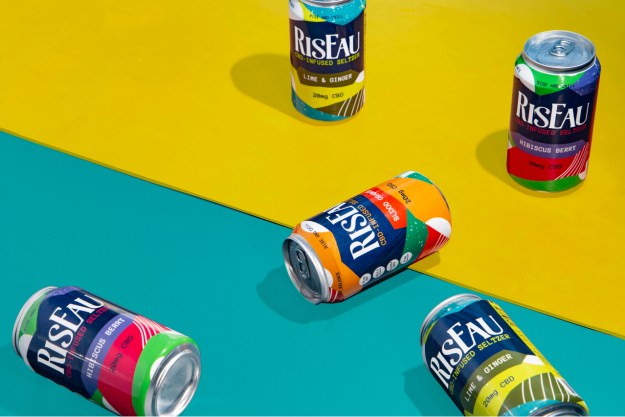There’s always a new fad or trend when it comes to health and nutrition, all with the promise of helping an individual get to their goals that much faster or more efficiently. In recent years, intermittent fasting has become that trend, and is increasingly becoming a more popular dietary approach. Whether you’re trying to lose weight, improve your insulin sensitivity, boost your cognitive performance, or balance your hormonal profile, there are many reasons why people try intermittent fasting.
One of the most common questions among people interested in intermittent fasting or new to the dietary approach is, “Can you drink coffee while intermittent fasting?” Many people rely on their morning coffee to jump-start their day, so not being able to drink coffee while intermittent fasting can potentially be a deal breaker in terms of adopting the diet for coffee lovers.
What is intermittent fasting?
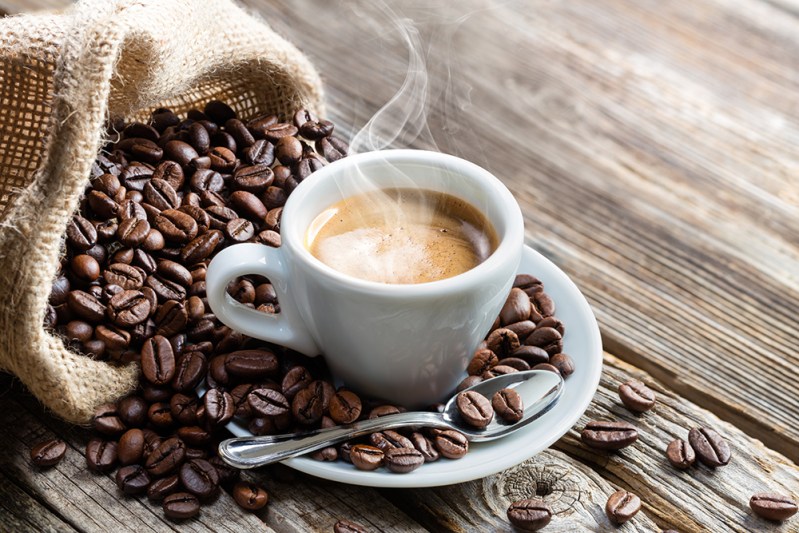
Rather than many fad diets that are defined or confined by what you can and can’t eat, intermittent fasting is an eating pattern that is characterized by when you can or can’t eat. Essentially, intermittent fasting is a dietary approach that involves restricting the time period in which you eat during the day and deliberately extending the period of fasting.
When can you eat?
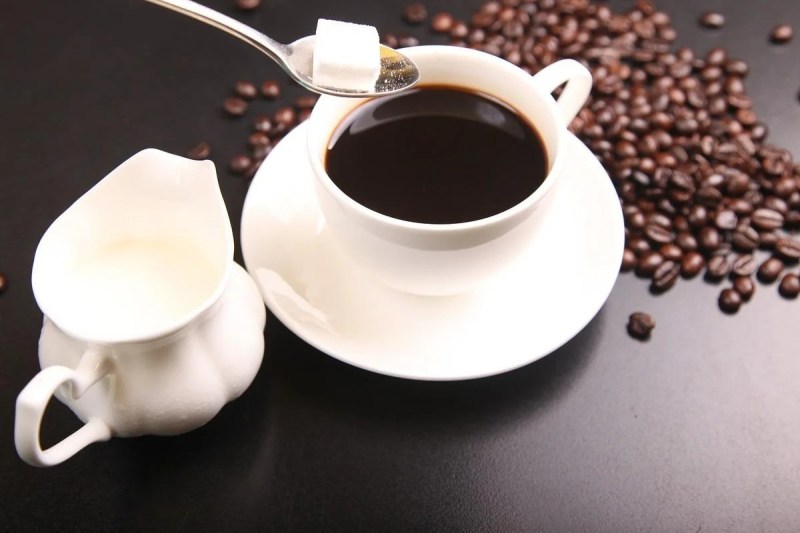
There aren’t any rules regarding specifically when you can and can’t eat while intermittent fasting, nor how long you have to restrict your eating for it to qualify. In fact, intermittent fasting is sort of an umbrella term that can refer to any eating pattern marked by frequent or occasional periods of extended fasting or restricted windows of time when eating can occur.
Some people practice intermittent fasting by fasting a full day one or multiple times per week and then eating normally on other days, whereas a more common style is to restrict your daily feeding time window each day.
For example, most people who practice intermittent fasting achieve their extended fasting period by skipping breakfast, and waiting until it is at least midday before they have anything to eat. Then, they have nothing after dinner until a light midday meal again the next day, which means they skip breakfast entirely, and may not have anything at all to drink besides water or plain herbal tea.
Health benefits of intermittent fasting

Proponents of intermittent fasting believe it can be an effective avenue for weight loss and improve other markers of health simultaneously.
Furthermore, evidence suggests that intermittent fasting may promote weight loss and reduce the risk of certain chronic diseases, such as heart disease, type 2 diabetes, and Alzheimer’s disease.
So, this common scenario begs the question, “Can you drink coffee while intermittent fasting?” Let’s consider this question in more detail.
Can you drink coffee while intermittent fasting?
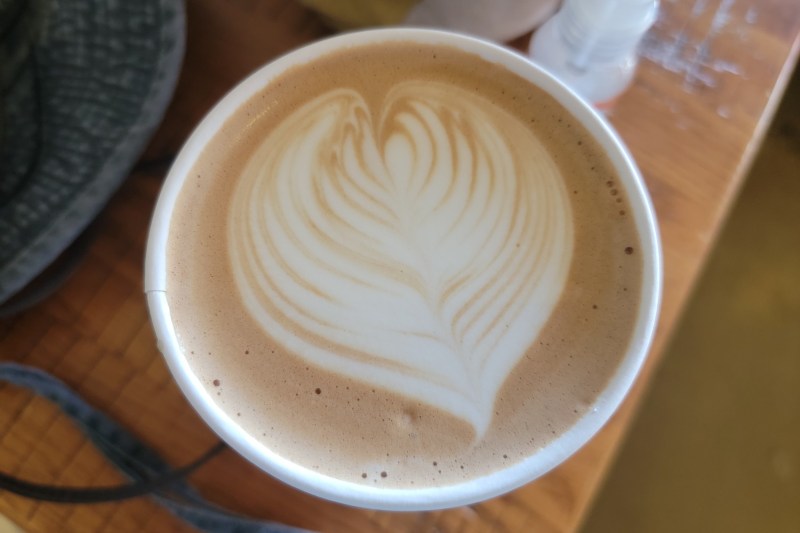
So, with all of that information, here is the answer you have been waiting for. The short answer is yes, you can drink coffee while intermittent fasting. However, this answer comes with a big caveat: You can only drink black coffee while intermittent fasting. Coffee drinks with cream, sugar, or other forms of calories will break your fast.
While you can black coffee or other very low- or no-calorie beverages, such as black coffee with stevia, or herbal tea with or without stevia, or another sugar-free sweetener, seltzer, water, etc., will not have a significant impact on your metabolism, most experts agree they are frowned upon and should not be consumed during a fast. Others may argue it is okay, but the consensus says black coffee only.
One cup (240 ml) of black coffee only contains approximately three calories, with just trace amounts of protein, fat, and minerals, so even a cup or two of coffee won’t really induce any metabolic changes or take you out of a fasted state.
What should you avoid?

While drinking black coffee is fine during intermittent fasting, adding ingredients such as milk, cream, plant-based milk, sugar, or creamers can impact your metabolism and blood sugar. This, in turn, can disrupt the metabolic benefits you’re striving for by fasting and negate the purpose of intermittent fasting. Therefore, strict intermittent fasting protocols permit black coffee, but additives are off-limits.
Some people do allow coffee with MCT oil or coconut oil while intermittent fasting. Although you will be giving your body calories, the calories are coming from fat and won’t have a significant effect on your blood sugar levels. This can keep your body in a state of ketosis, which is said to promote autophagy, one of the key purported benefits of intermittent fasting.
Note that “Bulletproof coffee,” which is coffee with grass-fed butter, premium MCT oil, and coconut oil, contains about 320 calories per brewed cup, so it’s not compliant with strict “fasting.” Again, it may not have a significant effect on blood sugar, so you’ll need to decide if it works for you based on your goals.
Ultimately, it’s important to remember that you should do what’s best for you. Some people find drinking coffee helps to maintain a fast, gives them an energy boost, and quenches the psychological hankering for something to drink in the morning without needing to consume any appreciable calories.
Java away while intermittent fasting
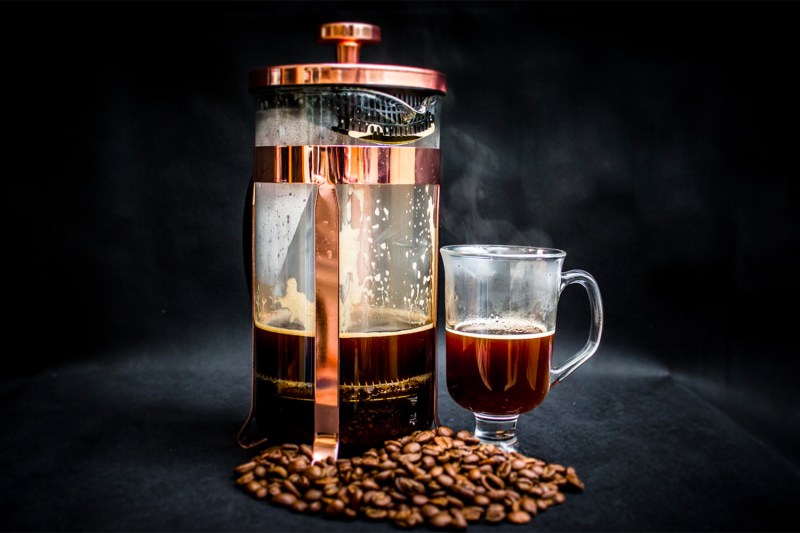
Drinking black coffee will not interfere with your fast. And while drinking coffee with a bit of coconut oil, MCT oil, or clarified ghee technically breaks your fast, coffee with a little bit of high-quality fat is not going to significantly derail the benefits of intermittent fasting. However, if you’re intermittent fasting, skip the sticky-sweet coffee drinks or coffee with milk or sugar. The good news is that you can still enjoy java just the way you like it during your eating window.
Editors' Recommendations
- The chromium benefits you should know about (and the best food sources for you)
- You’ve probably never grilled these 10 foods…but you should
- The hottest drink of summer is a cold brew you’ll love
- Can AI make a better drink? We asked an expert (and the answer might surprise you)
- Nestlé’s environment-friendly initiatives will make you feel good about your daily cup of coffee


